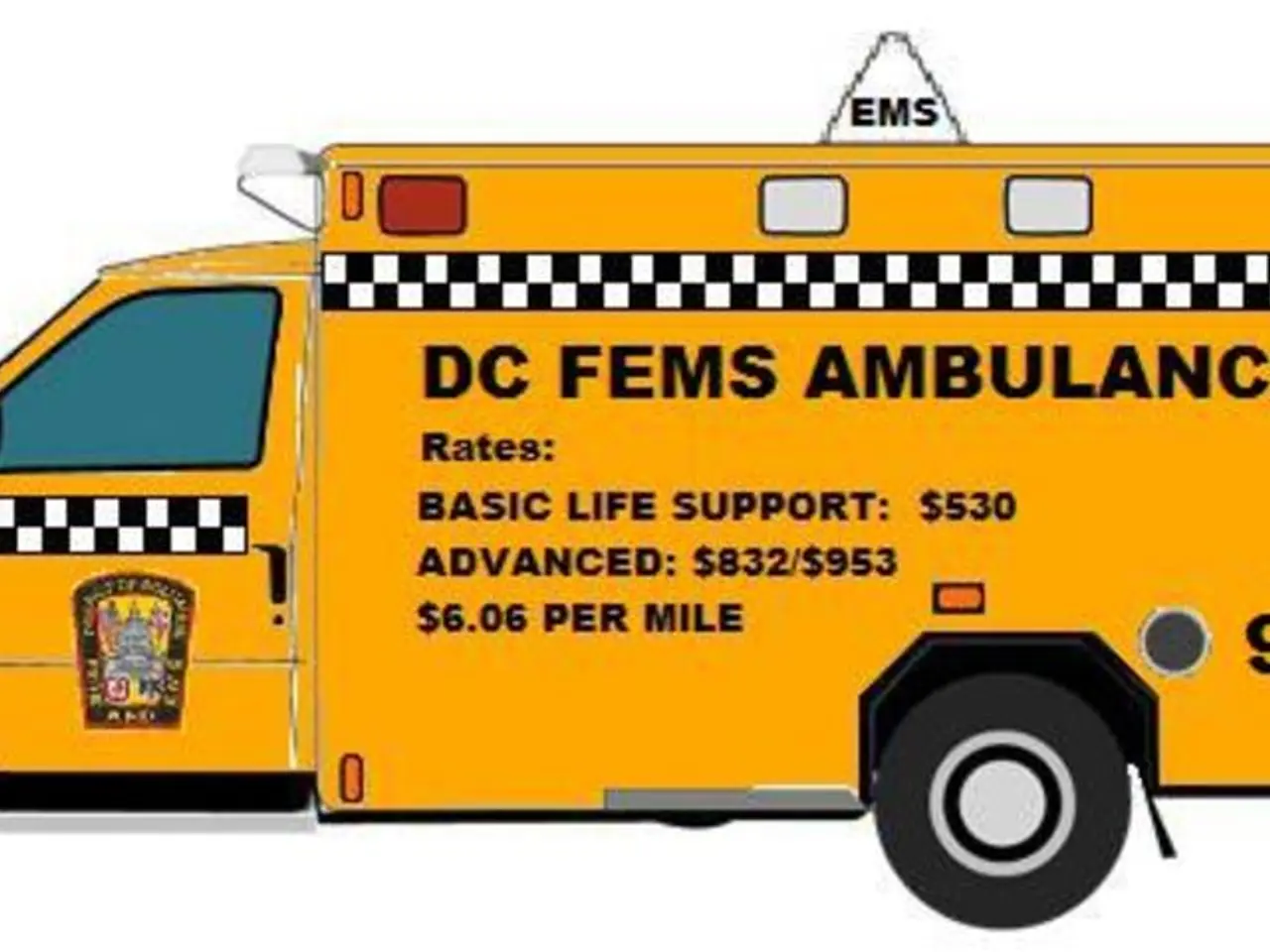Mandatory Resuscitation Education Implemented in NRW - Shaping Future Lifeguards Through Tomorrow's Training Programs
In a significant move towards enhancing emergency preparedness, North Rhine-Westphalia (NRW) has announced plans to introduce CPR training for secondary school students starting from the school year 2025/26. This initiative aims to equip young people with essential life-saving skills, particularly CPR, to improve survival rates in emergencies such as cardiac arrests.
The training will be comprehensive, with teachers receiving training a year prior, in 2025, both online and in person. This preparatory phase is crucial to ensure that educators are well-versed in the resuscitation techniques they will be teaching.
The Minister President, Hendrik Wüst, has emphasised the importance of this initiative, highlighting the significance of young people learning to act correctly in medical emergencies. He believes that this move will not only empower students with vital skills but also contribute to a more resilient community.
The educational materials for this training will be provided by partners such as the German Heart Foundation, ADAC, the Björn Steiger Foundation, and medical chambers. These organisations will play a crucial role in ensuring the quality and effectiveness of the training.
Approximately 2,100 schools across NRW will be equipped with CPR mannequins to facilitate practical training. The training itself will consist of a 90-minute lesson, designed to be engaging and informative.
The Minister of Education, Dorothee Feller, has compared learning CPR to riding a bike, stating that it should become second nature. Her vision is to create a generation that acts quickly, safely, and bravely in an emergency, potentially saving lives.
This initiative aligns with broader European trends in making first aid, particularly CPR, mandatory in school curriculums to improve emergency readiness. The primary aim is life-saving capacity building among young people to reduce mortality from sudden cardiac events.
The comprehensive program incorporates not only CPR training but also extends to health-and-wellness education, emphasizing the importance of mental health for young people.
This holistic approach to education-and-self-development is designed to foster resilient students, equipping them not only with life-saving skills but also the knowledge to prioritize their health and wellbeing.




